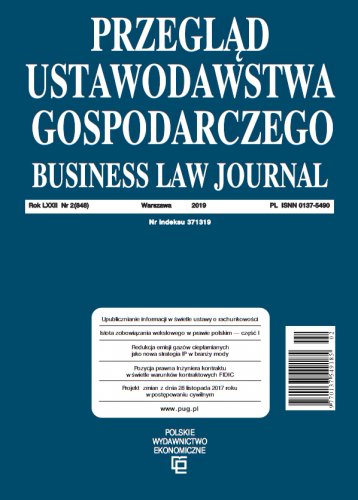It would seem that the issue of returning expropriated real estate is an institution that has already been recognized to such an extent that it does not raise any interpretation doubts in its basic foundations. It turns out that it is not quite so. In the judicial administrative judgments, such an interpretation of Art. 23 of the the Act of April 10, 2003 on special rules for the preparation and implementation of investments in the field of public roads, on the basis of which expropriated real estate was refused, even if the real estate became redundant for public purposes — thus, contrary to the literal interpretation of Art. 137 of the Act of August 21, 1997 on real estate management, lex generalis in this regard. The study proves that such an understanding is incorrect, it distorts the essence of the institution of expropriation as an ultimate measure (ultima ratio), and in a broader context it violates the principle of equality before the law. The article presents the thesis that the demand to return the expropriated real estate in the event of the fulfillment of the condition of redundancy is a public subjective right of the expropriator. In order to understand the essence of the problem, in a basic scope, other forms of expropriation will also be discussed than by way of an administrative act, in particular directly by virtue of the law (ex lege), and the issue of the moment of transfer of ownership.
Keywords: expropriation; return of expropriated real estate; special road traffic act; equality before the law

